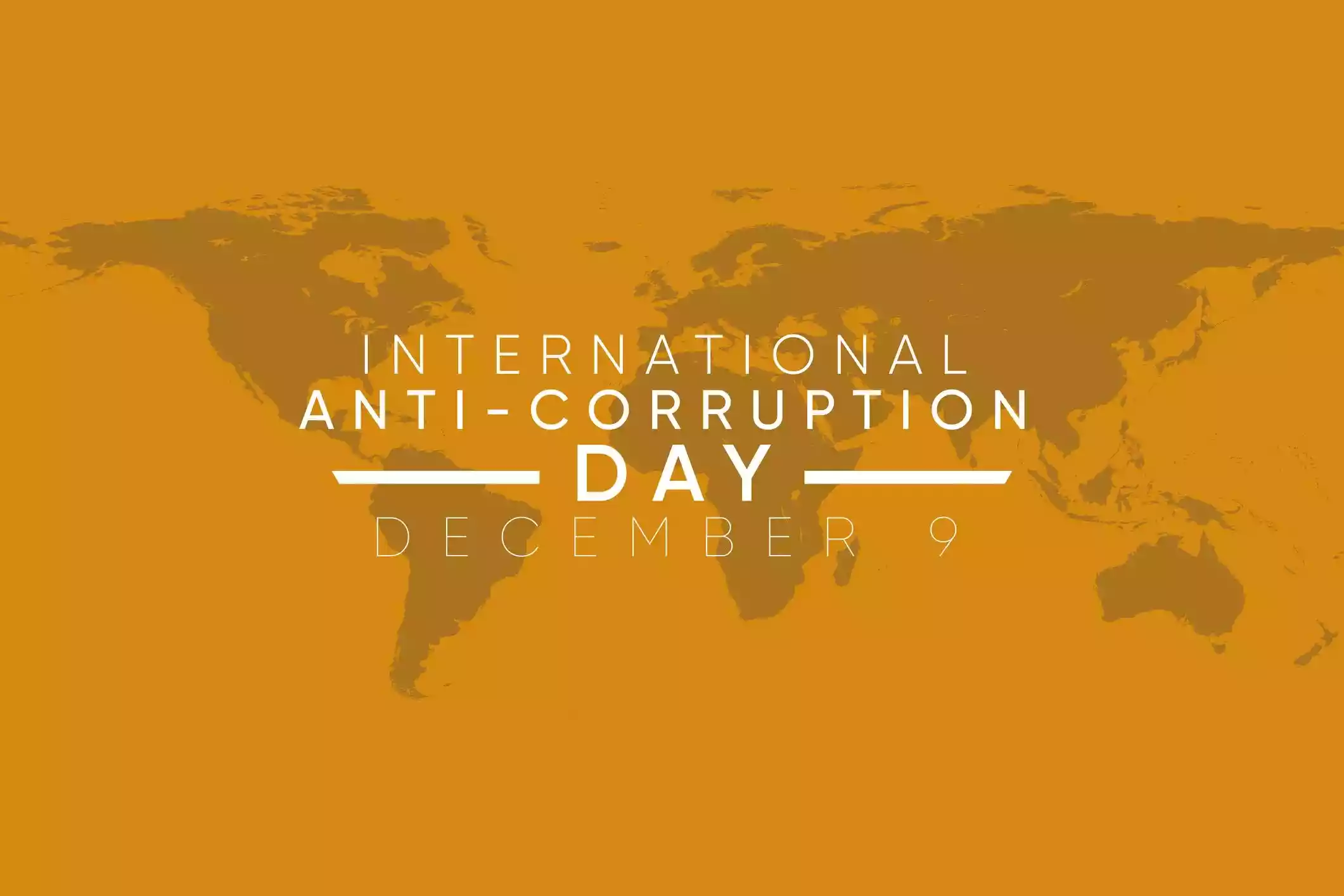
PRESIDENT Emmerson Mnangagwa’s administration at last acknowledged the perilous state of workers in Zimbabwe and tried to ameliorate the situation by enacting a national minimum wage and minimum retrenchment benefits. The move was too little and too late.
Thousands of workers since the July 2015 infamous Zuva judgment were denied their dues and walked away practically with nothing even after working for decades.
It was a bonanza for employers.
The situation was made worse by the currency crisis.
Agreed workers’ packages were mostly paid late and in fast depreciating local currency, meaning most were paid nothing in essence.
Many retrenched workers found themselves in destitution soon after they were laid off.
Their circumstances were made much worse by Zimbabwe’s poor monthly pension payouts after years of hyperinflation and multiple currency changes.
The new labour law changes, while woefully inadequate, give the trade unions and employers a starting point to negotiate and some hope that with time these laws can be used for incremental gains. Without further criticising the new laws, it is prudent to state what they say.
- Veld fire management strategies for 2022
- Magistrate in court for abuse of power
- Veld fire management strategies for 2022
- Mr President, you missed the opportunity to be the veritable voice of conscience
Keep Reading
First to be published was Statutory Instrument (SI) 186 of 2024 on minimum wage.
It was published in the Government Gazette of November 22, 2024.
The SI sets the minimum wage for all employees whose remuneration is not fixed by or in terms of any agreement, determination or regulations under the Labour Relations Act at US$150 per month.
However, the SI has an explanatory note.
It reads: “Employers in agriculture and employers for domestic workers are exempted from paying minimum wages.”
We will analyse this later.
The second regulations were on minimum retrenchment benefits.
They are contained in SI 191 of 2024 published in the Government Gazette of December 6, 2024.
The regulations, among other things, set up a retrenchment board, functions of the board, the processes to be followed if a retrenchment is to take place and finally, the minimum retrenchment package employees should be paid.
Crucially, on minimum retrenchment packages, it says: “Unless better terms are negotiated and agreed between the employer and the employee or employees concerned or their representatives, a minimum retrenchment package of one month’s salary or wages for every year of service as an employee or the equivalent, lesser proportion of (one month’s salary or wages for a lesser period of service) shall be paid as compensation for loss of employment.”
What is the impact of the two regulations? What did they leave out and why?
Could these be improved at the negotiating table? These questions shall be answered sequentially in this article.
Let’s start with the minimum wage.
At US$150, it may seem a good start, but we should remember that the Treasury starts levying pay as you earn at US$101.
It means anyone earning the minimum wage is liable to pay-as-you-earn deductions.
It is an open secret that the new minimum wage is way below the total consumption poverty line (TCPL) according to the Zimbabwe National Statistics Agency (ZimStat).
The TCPL represents the minimum total income needed for an individual not to be deemed poor. In July 2024, the TCPL stood at ZiG620 according to ZimStat.
This was equivalent to US$48.
This means a family of four needed a minimum of US$192 per month. The minimum wage is discriminatory.
Thousands of workers in the agriculture sector and domestic workers are not covered.
Yet, it is a fact that this group of people are most abused and needs protection.They have been left at the mercy of their employers, which is bad.
Now let’s turn to the minimum retrenchment package.
The new minimum is double the previous package.
This, on the face of it, may seem a good thing.
However, where an individual was remunerated lowly it means their retrenchment package which is calculated based on their last monthly salary would be measly.
The package is now calculated at a month’s salary per every year worked. Let’s hypothetically say at the minimum wage of US$150 a month, a person who would have worked for six years is entitled to a minimum retrenchment package of less than US$1 000.
There is another group of workers who have been left out here. What happens to a person who gets retired?
As of now, the public pension from the National Social Security Authority is a meagre US$30 per month.
In simple terms, one is retiring into penury.
Is it not time that we should also start having conversations around retirement and pensions?
In my humble opinion, it is and should be done like yesterday.
For some reasons, I have noticed little reportage of these developments in the mainstream media or opinions.
Is it that labour issues have no bearing to their audiences?
Are journalists not workers that they should have an interest in matters that affect workers?
Or is it now a matter of selling political and sports news?
This should be sad news for journalism, especially in the manner that the Zuva judgment affected most newsrooms and most dreaded picking their phones between 3pm and 4pm during that period. Or do people easily forget?
As already conceded, the changes are good and in the right direction, but they fall short of workers’ expectations.
Now that some changes have been put on the table and written in black and white, workers have two options — celebrate the incrementalism approach or voraciously demand better terms soon, starting now.
All these matters should be fought without losing sight of the elephant in the room — wasteful government expenditure, corruption and economic mismanagement that leads to cycles of hyperinflation thus devaluing salaries, pensions and investments.
Unions should demand that Mnangagwa leads Zimbabwe into the upper-middle income country.
They do not lose sight of the fact to define what that economy is.
It should be an economy where minimum wage is above the TCPL, retrenchment packages reflect the efforts of workers and where pensions can give pensioners a decent life.
This should be the new battlelines for workers.
Paidamoyo Muzulu is a journalist based in Harare. He writes here in his personal capacity.











